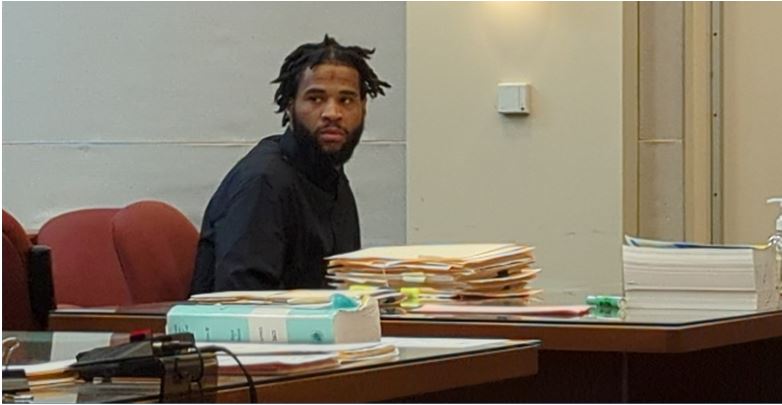The trial of an Atlantic City man accused in a deadly shooting at a high school football game opened Wednesday with testimony from the mother of the 10-year-old killed in the crossfire and video that captured the chaotic scene.
Alvin Wyatt, 35, is accused of opening fire Nov. 15, 2019, in an alleged act of revenge against Ibn Abdullah.
Abdullah is in a wheelchair, paralyzed in the shooting. He's also in jail for attempted murder for shooting at Wyatt in Atlantic City less than three weeks before the deadly game, where he had a gun in his waistband.
Wyatt's defense alleges it was Abdullah who opened fire in the crowded stands.
"On Oct. 28, 2019, Ibn Abdullah tried to kill Alvin Wyatt. He has admitted to doing that," attorney Stephen Funk told the jury in his opening. "On Nov. 15, 2019, he tried to do it again at the football game."
But it was Wyatt who pulled out a gun and fired eight shots into the crowd of hundreds, Levy said.
Angela Tennant and two of her children were at the Holy Spirit High School game earlier, but the Atlantic City family left at half time to support their sister town's school.
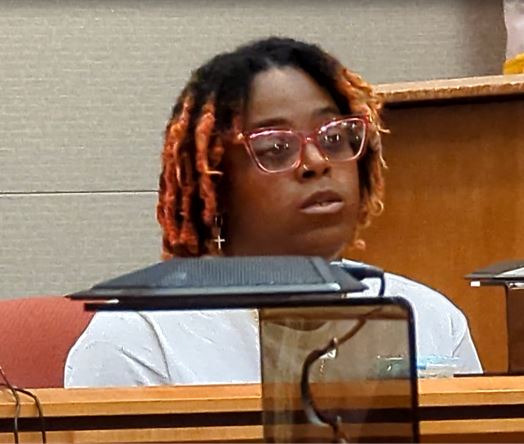
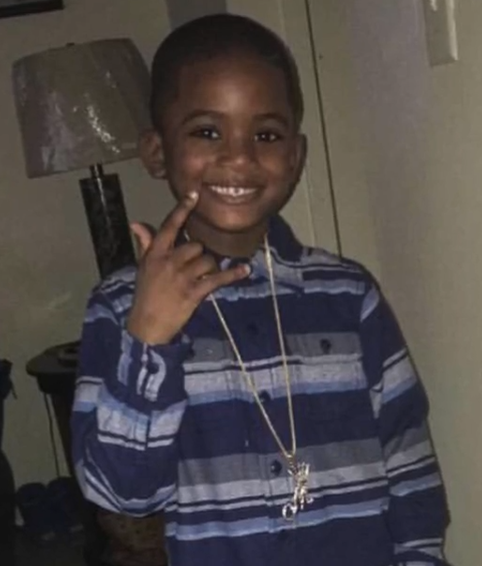
Her 10-year-old son Micah had been talking about it for weeks, Tennant testified. All his friends would be in Pleasantville, and he wanted to be there too.
Cody Griggs' own Egg Harbor Township High School team didn't make the playoffs so the then-15-year-old came to Pleasantville with friends.
Alex Cohen was there capturing highlights for ABC's Philadelphia afiliate.
There was excitement in the stands with every play, Levy said.
"That's the best part about sports, that for a community, for a fan, for a team, for a player, there's always the next play," he said. "There's always the next game. There's always next season. There's always, always, always hope.
"But not for Micah Tennant. Not any more," Levy said, turning to point a finger at Wyatt "This defendant murdered him."
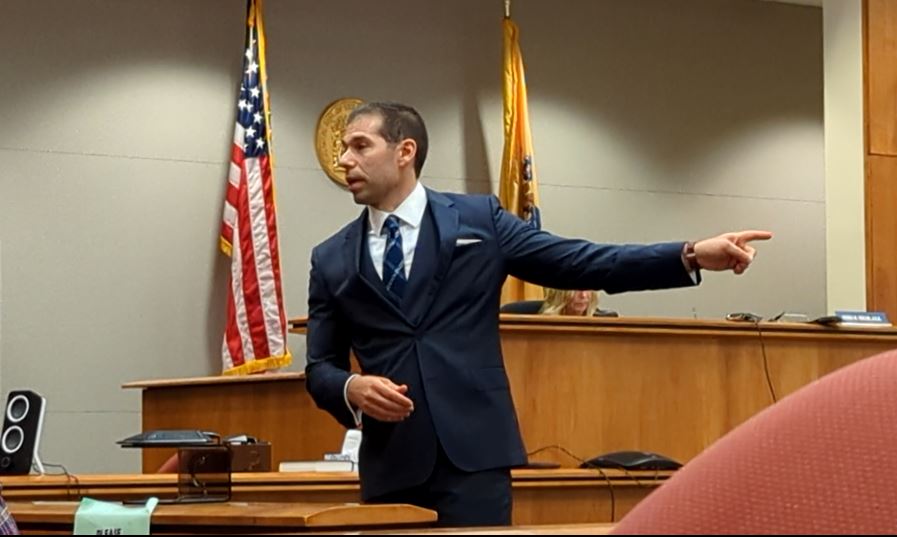
Levy alleged Wyatt was seeking revenge in his cousin's killing. It was a crime he blamed on Abdullah, who was in the stands that night not far from the Tennant family.
Angela Tennant heard the gunshots and told her daughter to run. Then she turned to her left to grab her son.
That's when she saw Micah sitting on the bleacher with his hands in his pockets and his eyes opened and glazed.
Tennant started to cry as she recalled the scene for the jury.
The courtroom filled with sobs as several members of her family reacted with their own tears.
A sidebar by the defense interrupted her. This was a legally sensitive part of her testimony. Tennant had told investigators that Micah tried to say, "Mom," but instead of sound, blood poured from his mouth.
A successful motion by the defense barred her from saying that part.
Instead, she simply testified that her son never spoke again.
She said she panicked, screaming for help. She took Micah and laid him on the platform.
Help came with police, ambulance workers and anyone who could running to the mortally wounded child.
"They were trying to take his clothes off. Give him CPR," Tennant said as she started to cry again.
Micah would undergo surgery to try to fix the damage from the bullet that had gone in the left side of his neck and out the right. He died five days later without regaining consciousness.
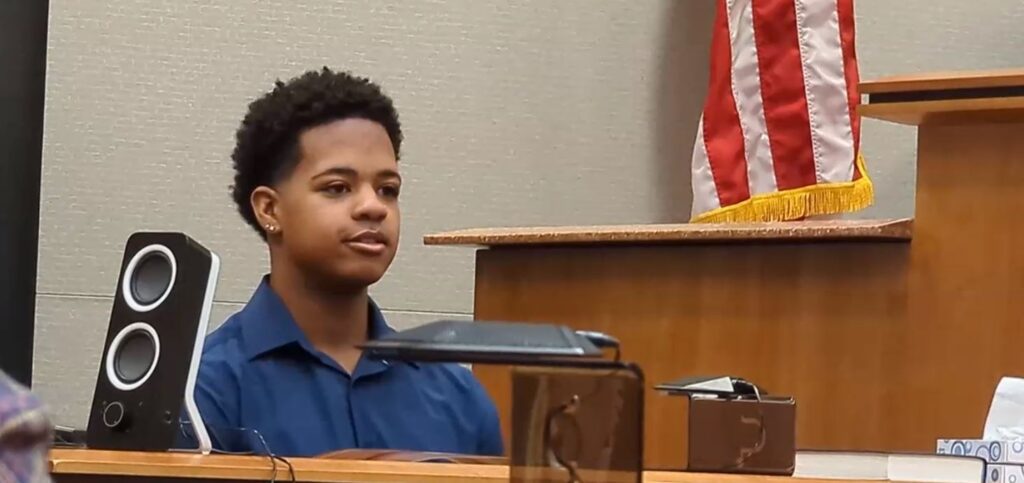
Griggs and his friends ran by the second gunshot. But the teen already had been hit in the right arm.
He didn't feel the pain until he reached the car: "It hurt, burned."
The gunshots came from the left, so everyone ran to the right toward the school.
"They were running," Griggs said. "People were falling. People were stepping on each other. It was just very hectic. People were scared."
Cohen had just stopped his camera following a punt in the third quarter.
When he heard the first bang, he thought it was a firework.
Instinctually, he hit record and started scanning the crowd in the home stands, capturing the chaos.
People were screaming, running, jumping over the sides to get away.
Football players ran off the field and referees laid on the ground for protection.
The freelance videographer didn't realize he captured part of the shooting until he got a call from an editor at the station, he said.
But that video does not show the whole story, the defense insisted.
Funk asked Cohen how long the camera was off before he started recording again.
Cohen said he wasn't sure because it all happened so fast.
What happened between the punt and the chaos that were captured on video seems to be at the crux of the defense.
Abdullah's testimony was less straightforward than the others.
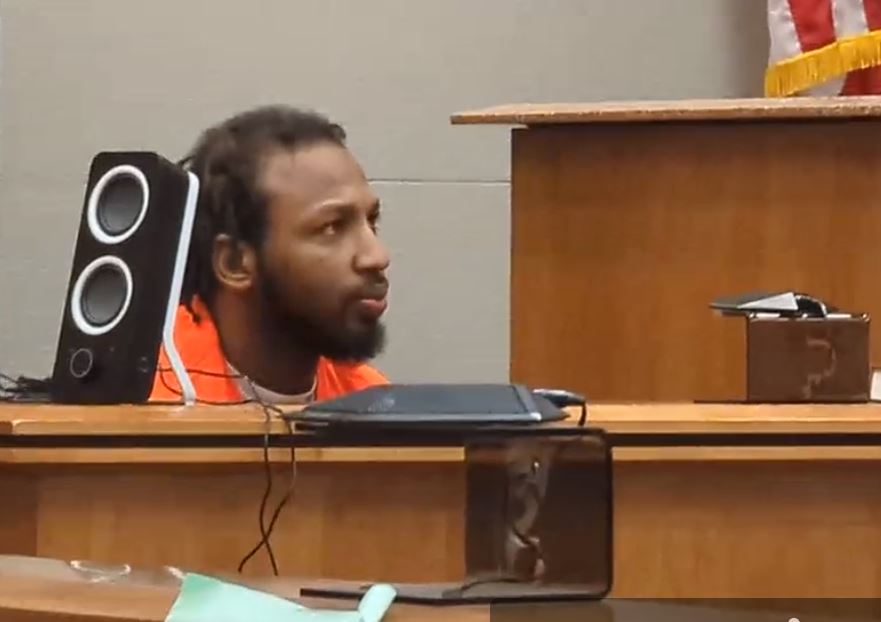
The jury was excused from the courtroom before he was rolled in wearing his county-issued orange jumpsuit.
He told the judge he didn't want to incriminate himself, and was pleading the Fifth.
But Judge Donna Taylor questioned that, noting that Abdullah already pleaded guilty to previously shooting at Wyatt and having a gun at the game.
"I'm just going by what my lawyer told me," he said.
"You already pleaded guilty," Taylor told him. "There's nothing you can say here today that can implicate you any further."
She then compelled him to testify, warning that he could be held in contempt.
Abdullah insisted he didn't remember much. He also said he didn't know who he shot at in the case where he pled.
"I don't know who it was (that he shot at)," he told Funk during cross-examination. "I've been saying that since Day One."
Abdullah also said he was told he would not have to testify that case and would not have taken the deal if it had been clear that was part of it.
He faces a four-year term with a mandatory 85 percent before parole eligibility under the plea agreement.
The trial continues Thursday.
